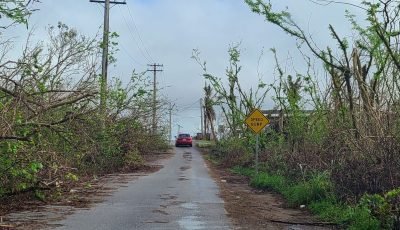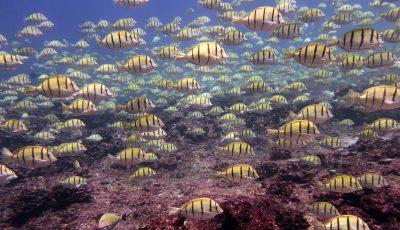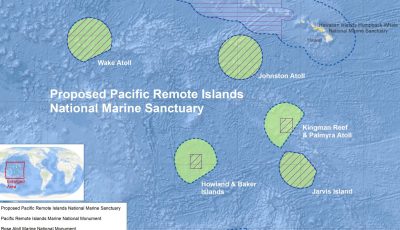Navy proposal could harm local cetaceans
Dennis B. Chan’s June 10, 2015, article “Humpback whales sightings suggest breeding ground in Marianas” evidences that at least one step toward achieving progress with protecting marine mammals in the Marianas is being made. Substantially more time, effort, and thought to further survey marine mammals in the region by the scientific community is needed, however, because no one really knows and understands just how harmful Navy-produced active sonar and underwater detonations will be to our humpback whale population and a host of other marine mammal species that share the Marianas Islands environment with our people.
There is little information on humpback whale and other marine mammal populations in the Marianas region and this is adequate reason to be gravely concerned because MITT related Navy undersea training proposals and the Navy’s waiver request to NOAA are incomplete. The Navy has not presented enough empirical evidence to amply justify its desire to conduct 12,000 underwater explosions and to conduct over 17,000 active sonar events each year.
Chan’s article is important because it acknowledges the hard work performed by at least one scientist, Dr. Erin Oleson, who is contributing new information and knowledge to help grow the collective understanding of how marine mammal populations breed and live in the Marianas region. This represents life-sustaining, and thus life-giving work as opposed to life-damaging or life-destroying activities proposed by the Navy in the MITT.
It is important to note that the sample size being discussed in Chan’s article may represent just a small or very small representation of exactly how many marine mammals live and transit throughout the Marianas region. It is equally important for us to assume that even moderate amounts of active sonar and underwater demolition activity in the area could be irreparably harmful to the long-term health of the undersea marine mammal ecosystem in the region. Until we have a long trail of historical data to evidence how the Navy does not harm or injure or kill marine mammal populations in the region, NOAA should not approve the Navy’s five-year letter of authorization waiver request. It is unreasonable and unsubstantiated because not every nook and cranny of the planet is a threat to American military security and we must protect our total environment because once it is damaged or destroyed it cannot be remediated to its original condition.
Rick Perez
Hanover, NH



























